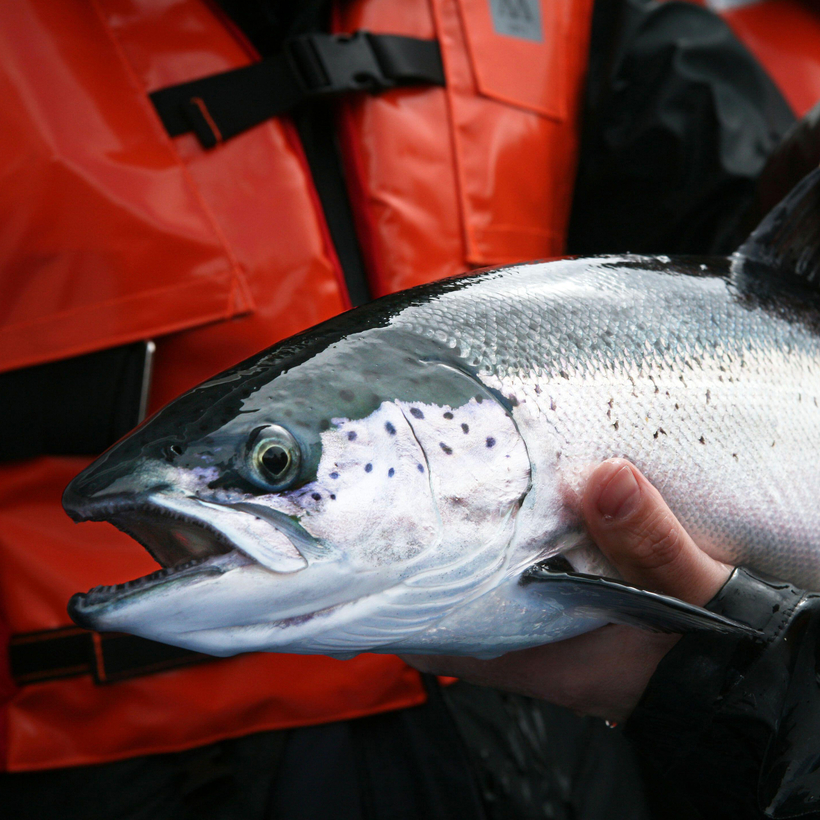Choosing a book title is as tricky as a three-year-old. The title is the first thing a potential reader sees, so it should be catchy and provocative—but not too provocative.
A few years ago, we disagreed on the title for our book about A. Q. Khan, the rogue scientist who was the father of Pakistan’s nuclear arsenal. Doug and the editor settled on The Nuclear Jihadist. Catherine felt “jihadist” was too loaded and off-putting. Sure enough, questions about the title came up repeatedly in interviews about the book (whose tittle was changed to The Man From Pakistan for its paperback publication).

